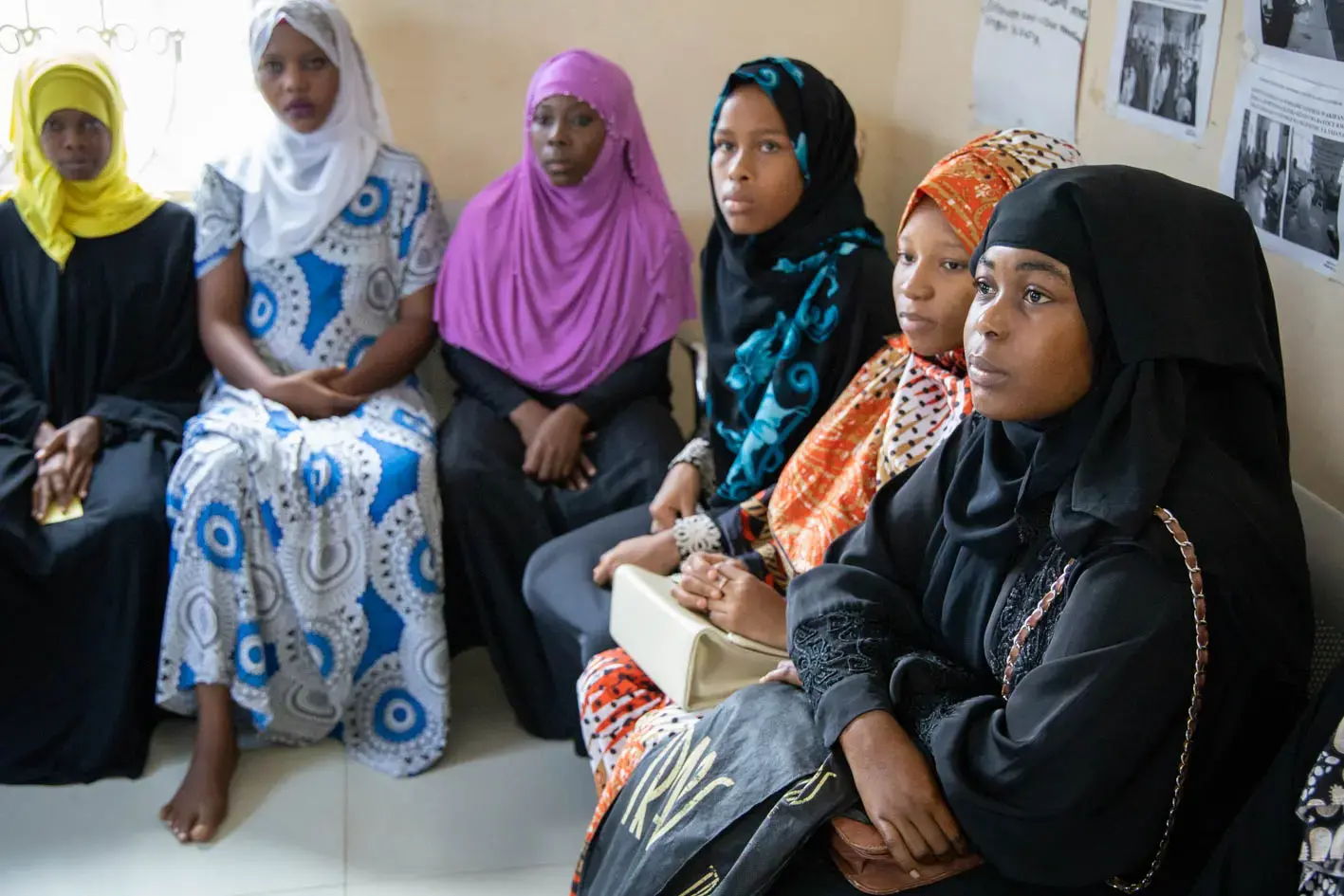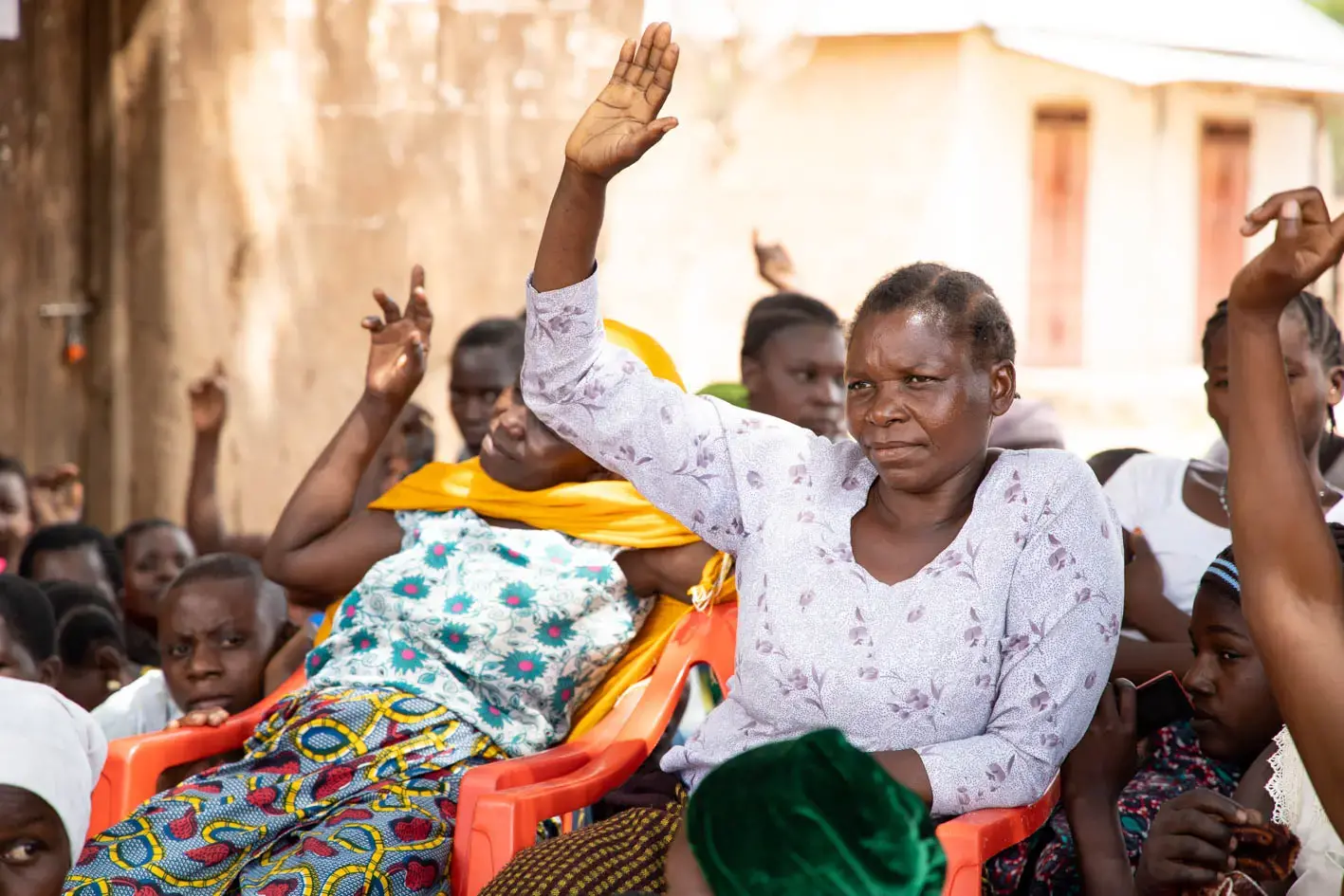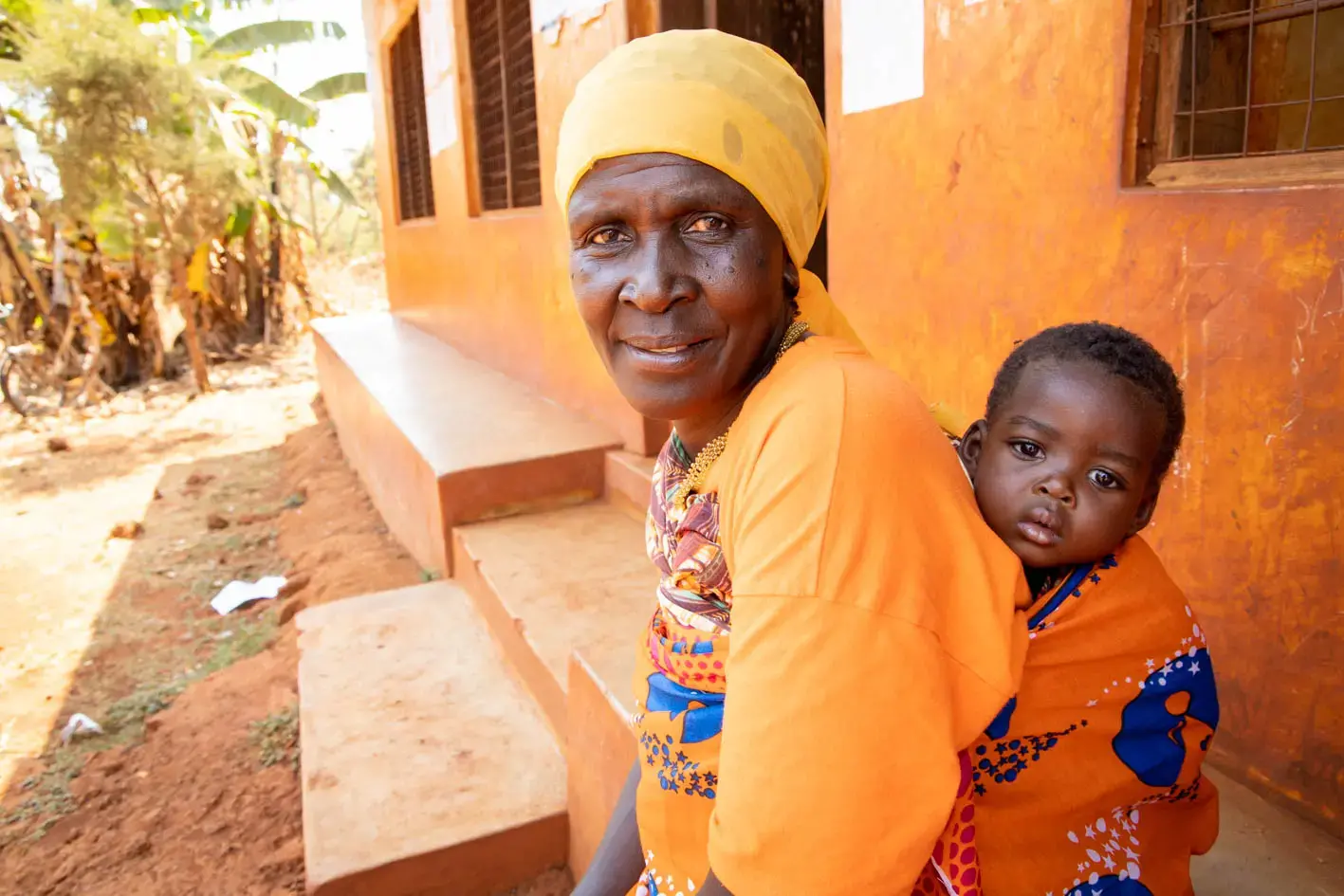Nuriat Koku Mtumbi remembers that day in March well. “It was raining heavily and Adimu* had delivered her baby on her way to our facility. She was shielding herself under a tree, but her mother managed to get her here.” Adimu was bleeding heavily on her arrival and her newborn baby was struggling to breathe. “I worked quickly, drawing on what I had learnt during my training,” Nuriat says, “and managed to save both Adimu and her baby. I couldn’t have done this before; I simply didn’t have the skills or equipment.”
Nuriat is a midwife at Nyangokolwa Dispensary in Bariadi District, Simiyu Region – one of 40 health facilities that have been renovated by UNFPA to ensure that women in the district have access to timely and high-quality maternity services, including emergency obstetric and newborn care. The facilities have also been equipped and staff have received training. Prior to the renovations, pregnant women had to make the long journey to Somanda Hospital some 20 kilometres away; some didn’t make it, others were left with life-changing conditions such as obstetric fistula – one of the most serious childbearing injuries caused by prolonged, obstructed labour that results in a tear in the birth canal.
Between 50,000 to 100,000 new cases of obstetric fistula develop worldwide each year and occur disproportionately among the most vulnerable and marginalized women and girls; the same women and girls who are most at risk of dying in childbirth and who are in real danger of being left behind. Nusriat knows women in the community with the preventable condition and says it has life-shattering consequences: “Women suffer chronic incontinence; they are shamed and shunned by their community, and sometimes even divorced.”
The number of pregnant women delivering at Nyangoolwa has skyrocketed since the renovations, and there are now more than 80 deliveries per month; the number previously hovered around 30. Nuriat says that she is proud that women have confidence in the facility – something she shares – adding that it is this timely, skilled care which is saving lives and preventing maternal morbidities such as fistula.
The coronavirus has not yet reached the Nyangoolwa community, but the health facility is already implementing COVID-19 infection and prevention control (IPC) measures. New patient flow systems are in place at antenatal and postnatal clinics to ensure physical distancing, and no more than three to five clients attend group education sessions – sitting at least one metre apart.
With UNFPA Tanzania’s support – as part of national coordinated efforts – to IPC training and the procurement of personal protective equipment (PPE) and essential supplies scheduled for delivery to targeted facilities in Simiyu and UNFPA priority regions – access to essential sexual and reproductive health care will continue during the outbreak and recovery. This includes access to midwifery services and emergency obstetric care for some of the furthest behind women and girls in Tanzania, ensuring that efforts to realize the global ambition to end obstetric fistula by 2030 do not stall during the pandemic.
* Name has been changed





